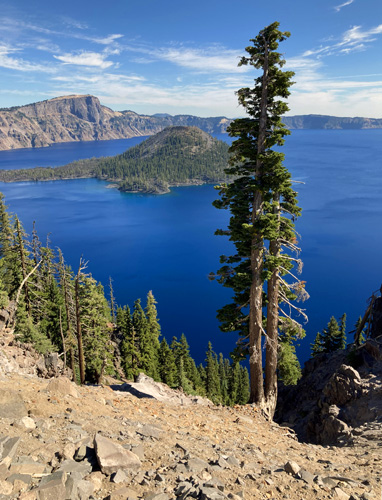
Crater Lake
After a decade of hiccups – family, pets, the anti-tourism tsunami of COVID – we finally took a vacation this year. (View constantly updated gallery)
It was our usual type of vacation – we usually pick a destination to be the jumping-off point for day trips; only one work week, and after Labor Day (so the kids are back in school and things are less congested).
Our “home base” this trip? Medford, OR, in south central/western Oregon. Known mainly as the headquarters of Harry & David and the eponymous apple, it really is a weird town. One-runway airport (six gates total), a slice of downtown that they are trying to preserve and gussy up, and long stretches of basically abandoned old warehoused, manufacturing plants.and such.
Why Medford? I really can’t recall, but it isnear Crater Lake, and had at least some other locations around it for day trips. We did not select Medford because we wanted to say we’ve been to Medford.
That said, some thoughts on the places we saw. We had six days (Sun-Fri), but first & last days were primarily travel days – long days with connections in Seatac (outgoing) and Salt Lake City (coming home).
Going to take me some time (as always) to process photos and say what I want about everywhere we visited.
Medford
As mentioned above, Medford is a strange little town. They are building up the NW and NE areas around the downtown aren, so why is our hotel – the most eclectic one around – in the dumpy south of downtown area? Land was cheap and they know something we don’t?
It’s a mystery.
Klamath Falls
First of all, no easy way to get there. We took a twisty blue highway north-to-go-south and east one way, and a big dip south-to-go-north on the way back (an Interstate.). Long drive both ways
Nothingburger town. A nice Art Deco church (built 1929) and movie theater, but those were the highlights.
Klamath Falls? No longer any falls. A series of dams built I’d guess in the 1930s erased them. (NOTE: They are removing the dams and the salmon are starting to return up the rivers as in the past. Progress!)
Crater Lake
Again, quite the twisty drive to get there, but the lake is remarkable. And we had a beautiful sunny day (morning) to hit it. The story behind the lake was more complicated than I’d thought, but interesting. Mountain peaks in the distance, varied geological formations around the lake and that blue, blue water.
We did about two-thirds of the rim drive (part was closed for maintenance). After a few stops, it’s just another, slightly different view of the bowl of water and Wizard Island. Glad we went there, however.
Grants Pass
[Editor’s note: It’s “Grants,” not possessive “Grant’s.” Why? I dunno.]
A weird little town with more character than, say, Klamath Falls. Many odd little businesses – lots of vinyl, antiques and such. Like most of the towns we visited, Grants Pass seems to have had a purpose and some point, but now all these tiny towns seem like islands mired in the past.
Many of these towns seemed to pop up after gold was discovered in California (1848), so possibly conduits to California from towns like Portland and Seattle? Grants Pass was making an effort to keep the town updated and all, but it’s still a dot in the midst of a lot of nothing. Yeah, I sound like a Big City bigot, yeah?
Wine Country
This is – south of Medford – wine country. So we kinda just picked a random winery off a guide and headed there to see what we could find. (South of Portland, OR, is also wine country, but we knew a couple of places we wanted to hit on our trip there years ago.)
As seems to be the case in south Oregon, getting there – on old back roads – was a chore and a half.
Nothing spectacular, but did a wine flight and bought a couple of bottles (white).
One ancillary benefit of that winery (Valley View Winery, Jacksonville, OR) was that the host was from Medford. So we asked her about a seafood place in the town. She had a second-hand recommendation and that’s where we later ate. And it was good. And we would never have known of it – it’s almost a neighborhood looking place.
She also told us of a quicker way home (less twisty!) and it took us through the quirky little town of Jacksonville. Wandered around there, had a beer. We would have never ventured there without her recommendation, either.
Ashland
This is a small town south of our hotel that we had gone through on the way to Klamath Falls and our wine adventure. It’s more of an artsy town (there is a university there).
Unfortunately, we got there early (as we are wont to do) and even after a (great) breakfast, nothing was open, We noodled around and looked at the shops and architecture, and then hit a very nice in-town park, Lithia. But nothing really compelling for an out-of-towner. Great for the town, meh for the traveler.
Some random notes
- This was our first trip in some time. Let’s make this yearly again.
- My photog skills have atrophied. For example, there was a nice Art Deco church in Klamath Falls, but I didn’t even try to see if I could get in and see what the interior was like. What is wrong with me?
- Lots of twisty roads through towering forests. Smartphone + Google Maps saved our ass time and time again. Did we get lost? Sure – but were able to quickly discover and fix. Just follow that dot on the map….really.
- would we go back here again? No – but at least I would return to northern Oregon (Portland, Astoria, Columbia River).
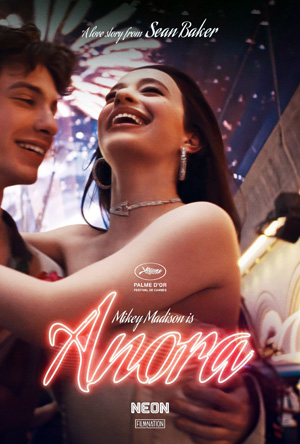

 I knew of the author of Poverty, Matthew Desmond, but it was mainly in passing references to his previous book, Evicted: Poverty and Profit in the America. That book, published in 2016, won just about every possible award, including the National Book Award and the Pulitzer Prize for General Non-fiction. He’s also won a MacArthur Fellowship Grant (the “genius award”) and is currently a professor at Princeton University. Yeah, just writing that makes me feel like an intellectual lightweight.
I knew of the author of Poverty, Matthew Desmond, but it was mainly in passing references to his previous book, Evicted: Poverty and Profit in the America. That book, published in 2016, won just about every possible award, including the National Book Award and the Pulitzer Prize for General Non-fiction. He’s also won a MacArthur Fellowship Grant (the “genius award”) and is currently a professor at Princeton University. Yeah, just writing that makes me feel like an intellectual lightweight.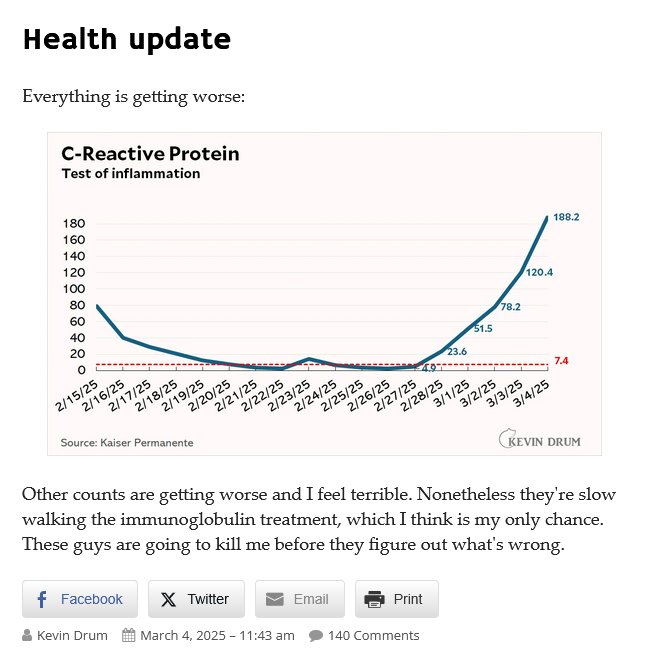
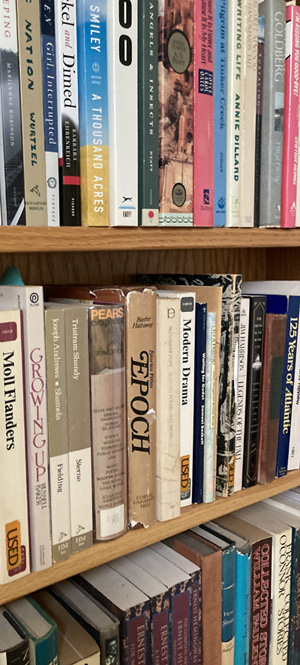 At the end of last December, blogger Kevin Drum posted a list of of his
At the end of last December, blogger Kevin Drum posted a list of of his  Over the past few months, I revisited some movies that I thought very highly of at the time. One was (as I remembered it) a fun, clever heist movie; the other two are pretty much modern-day classics.
Over the past few months, I revisited some movies that I thought very highly of at the time. One was (as I remembered it) a fun, clever heist movie; the other two are pretty much modern-day classics. Yeah, welcome to the 20th century, in the 21st century.
Yeah, welcome to the 20th century, in the 21st century.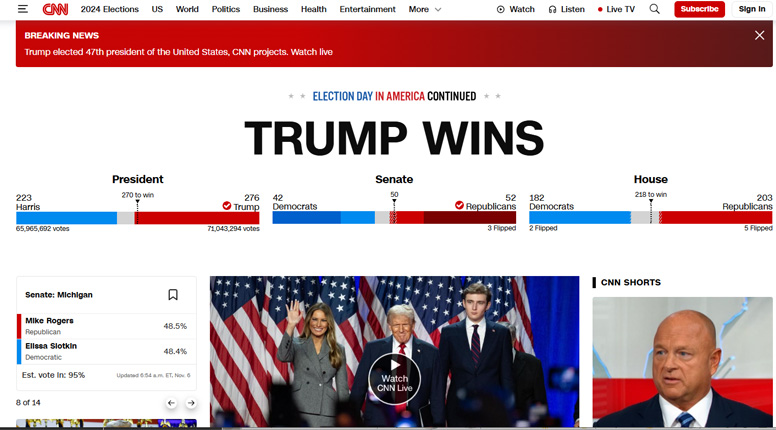

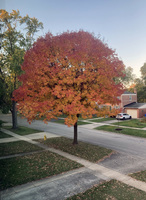

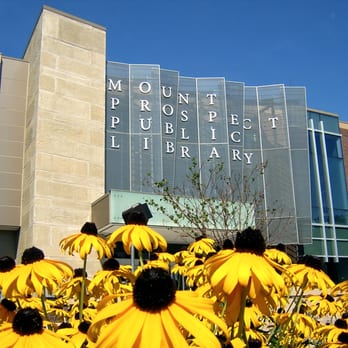 We both like movies, and I worked for years at Family Video (RIP – domain doesn’t even go anywhere today) with exposure to movies and such.
We both like movies, and I worked for years at Family Video (RIP – domain doesn’t even go anywhere today) with exposure to movies and such.